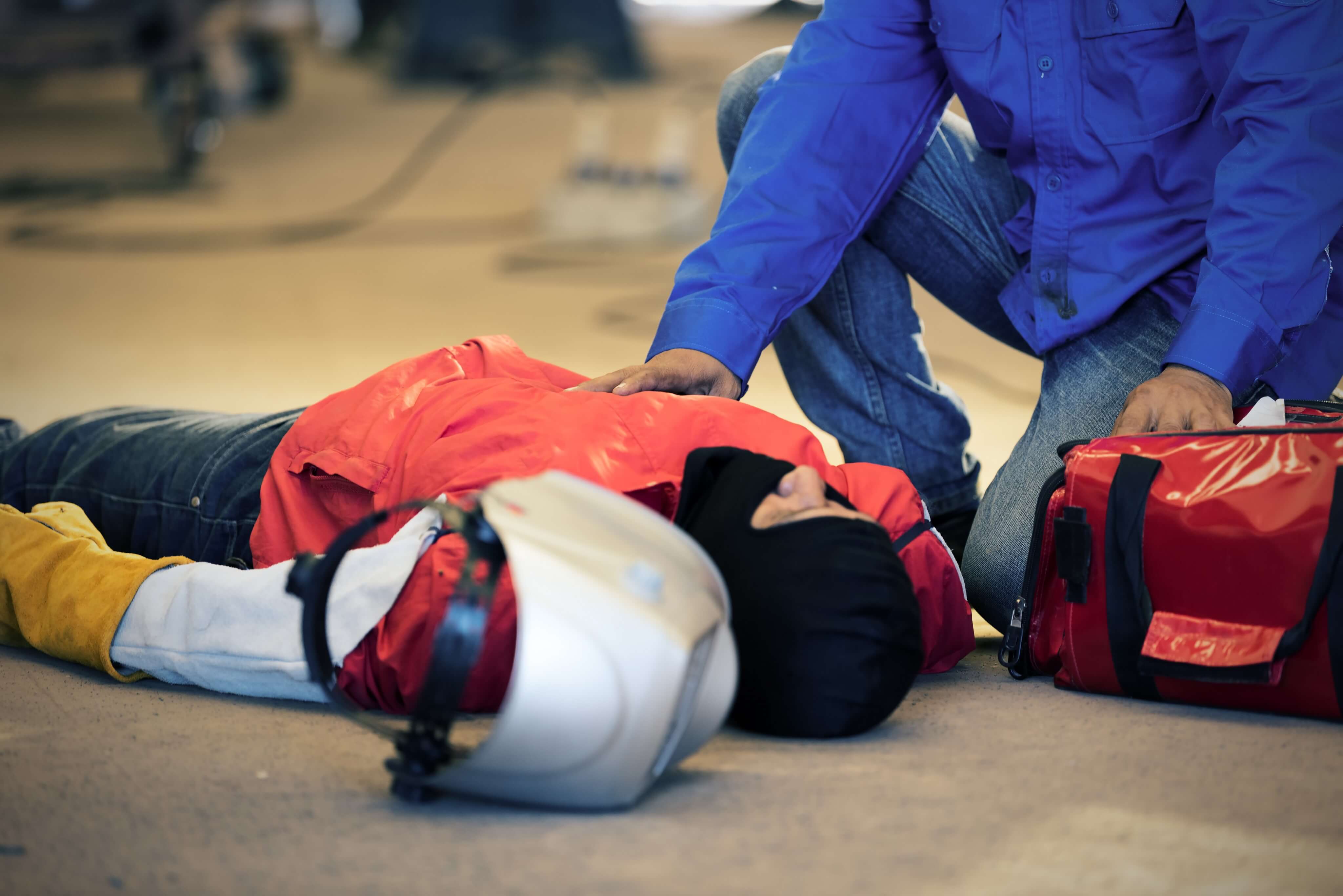Have Any Questions?
+30 2104441059
Location
Mesolongiou 4-6, 151 22 Amarousion Greece
Working Hours
Mon - Fri: 10.00 - 18.00
+30 2104441059
Mesolongiou 4-6, 151 22 Amarousion Greece
Mon - Fri: 10.00 - 18.00
T
he First Person on Scene™ (FPOS)™ – Level 1 educational program has been developed in order to provide candidates with distinctive knowledge and skills regarding to the adult care.
The main purpose of the First Person on Scene™ (FPOS)™ Level 1 course is the emergency life support and non-emergency care of an ill or injured person, applying first aid techniques with the use of special equipment such as oxygen cylinders & automated external defibrillator.
The First Person on Scene™ program shall prepare the participants to be able to fully support a victim of injury until the arrival of Emergency Medical Services.
Coming Soon
Coming Soon
Comiing Soon
All
